No, it is a voluntary process. However, it is required if a university would like to participate in the Title IV program (Federal Student Financial Aid program) offered by the USDE. The USDE states the following:
‘Accreditation’s quality assurance function is one of the three main elements of oversight governing the Higher Education Act’s (HEA’s) federal student aid programs. In order for students to receive federal student aid from the U.S. Department of Education (Department) for postsecondary study, the institution must be accredited by a “nationally recognized” accrediting agency (or, for certain vocational institutions, approved by a recognized state approval agency), be authorized by the State in which the institution is located, and receive approval from the Department through a program participation agreement.’ (College Accreditation in the United States– Pg 1)
*Please note UMSAz offers a non-interest bearing financial assistance payment plan.


